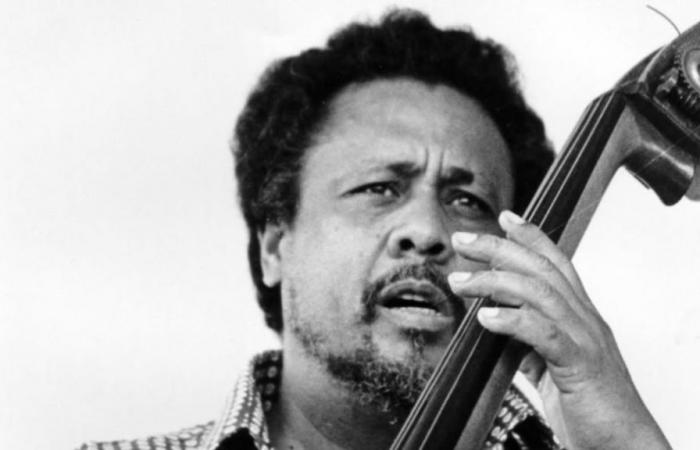Charles Mingus left his mark on the history of jazz. (©Instagram)
With the 1970s in full swing, Charles Mingus went into the studio to record his album, “Changes One,” during three days of intense recording.
We are at the end of the month December 1974in the heart of New York. The talented double bassist, Charles Mingusbegins the end of his career. Despite his numerous health problems and personal difficulties, the artist never stopped composing and recording. Certainly, his sextet is no more, but that did not prevent Charles Mingus from reforming a quintetfor the last years of his career. Thus, at the end of 1974, the musician was particularly well surrounded. In particular, it is a question of pianist Don Pullenof saxophonist George Adamsof trumpeter Jack Walratha you drummer Dannie Richmond. Ultimately, Charles Mingus continued to thrive thanks to his love of music until the end of his life in 1979.
A project full of emotion
One thing is certain: the album “Changes One” left a lasting mark on the history of jazzz. In the same way, with this record, Charles Mingus’ career took a completely different turn. And for good reason, it opens with the titre “Remember Rockfeller at Attica”which refers to the mutinies of Attica. These events took place on September 9, 1971, when prisoners at the Attica State Penitentiary, New York, took control of a cell block. They then held no fewer than 39 prison officers hostage. Unfortunately, the negotiations do not allow things to move forward and the hostages are in real danger. As a result, the governor, Nelson Rockefeller, ordered the state police, as well as National Guard troops, to restore order by retaking the prison on September 13 of the same year. 39 people died during this operation, including 10 hostages. However, the musical composition of the title is in opposition to this tragedy, since it is particularly catchy. Furthermore, the titre “Sue’s Changes” rend tribute to the last companion of Charles Mingus, Susan Graham. The album also ends with the ballade “Duke Ellington’s Sound Of Love”. This title is also a tributewhich this time concerns the jazzman Duke Ellingtondied just a few months before the recording of thealbum “Changes One”. But that’s not all, Charles Mingus also recorded the titre “Devil Blues” that he shares with the saxophonist George Adamswho lends his voice for the occasion. Today, Charles Mingus is a emblematic figure of the jazz industrymarked by the release of “Changes One”.






